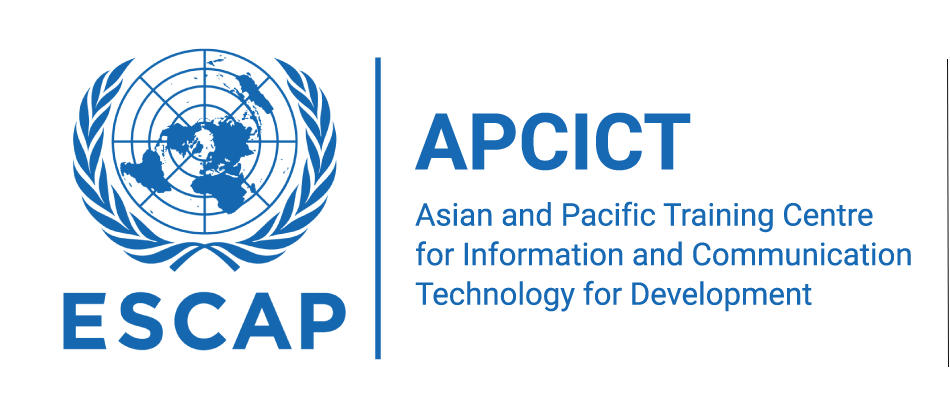About sixty experts from around 30 countries in the Asia-Pacific region are taking part from this week in a new initiative aimed at equipping government officials with the knowledge and skills they need to fully utilize the potential of ICTs to achieve national development goals.
Press Release No. G/20/2008
Bangkok (United Nations Information Services) - Information and communications technologies (ICTs) - from wireless technology to the Internet - are widely accepted as powerful tools for enhancing human development. With access to ICT, people are able to find the information they need to improve their lives. However, without visionary policy makers and ICT savvy government officials the promise of a better future through the use of ICTs is unlikely to be realized.
About sixty experts from around 30 countries in the Asia-Pacific region are taking part from this week in a new initiative aimed at equipping government officials with the knowledge and skills they need to fully utilize the potential of ICTs to achieve national development goals.
The initiative, called the Academy of ICT Essentials for Government Leaders - A Modular Training Programme, is undertaken by UN-APCICT.
The Academy consists of a core ICT for development (ICT4D) curriculum that begins with ICT basics and progresses to more advanced topics. It is targeted primarily at policy makers in central, provincial and local governments; managers in the public sector; and ICT educators at public training institutes.
The first of three sub-regional training of trainers workshops is being held from 14-19 April 2008 at the Administrative Staff College of India, Hyderabad. It will be followed by a workshop for Western and Central Asian participants on 5-10 May 2008 at UN-APCICT, Incheon, Republic of Korea. The last one, for South East Asian participants, will be held on 21-24 May 2008 at the University of Indonesia, Jakarta.
The workshops aim to solicit feedback from participants on the usefulness and relevance of the eight modules in the Academy prior to its official launch on 16 June, 2008, on the occasion of UN-APCICT’s second anniversary.
The modules cover different areas, including the link between ICT and the Millennium Development Goals, ICT policy-making, and ICT project management and funding.
In addition, the modules are designed to be delivered over a variety of multimedia platforms (the Internet, CD-ROM, etc.) as well as through classroom training. They are also being developed as open educational resources to make them more readily available to developing countries.


